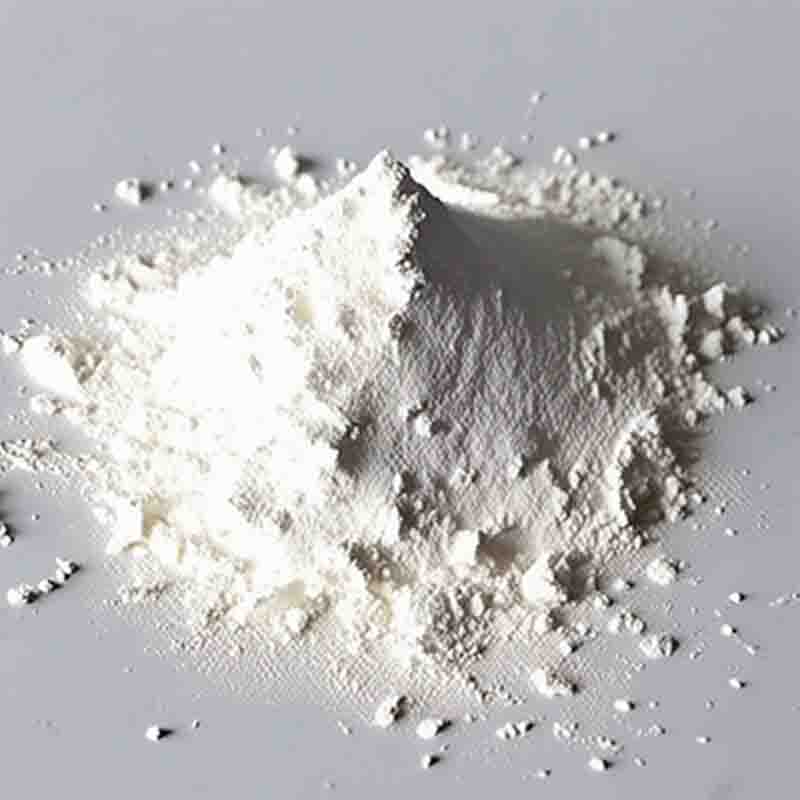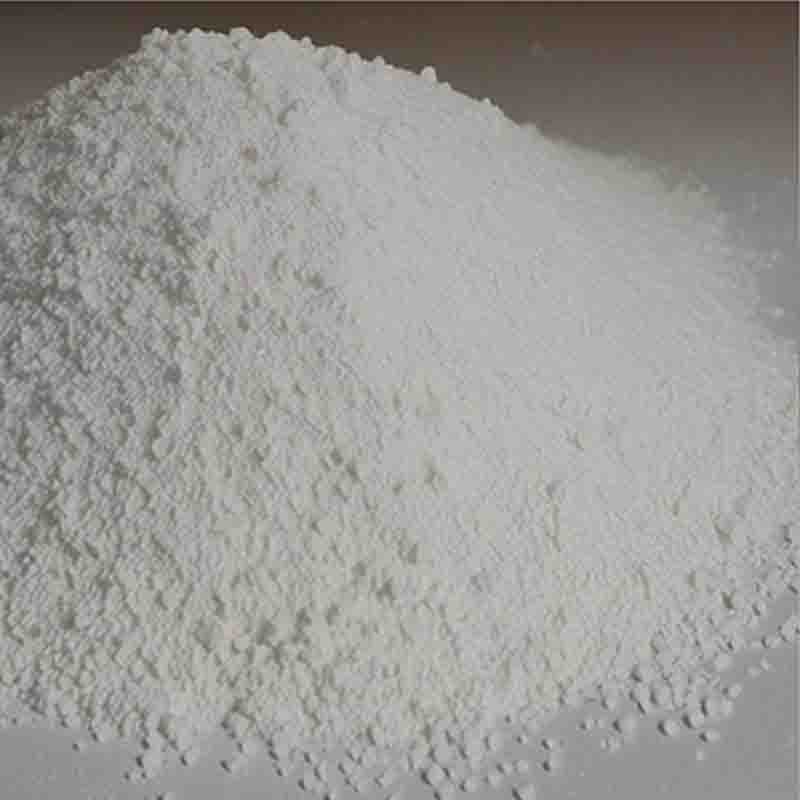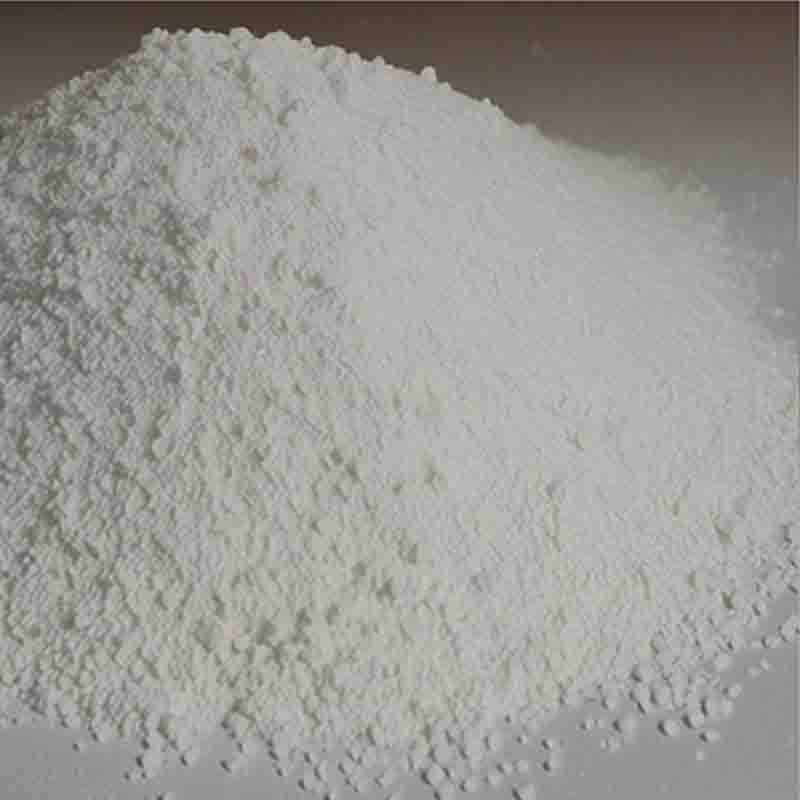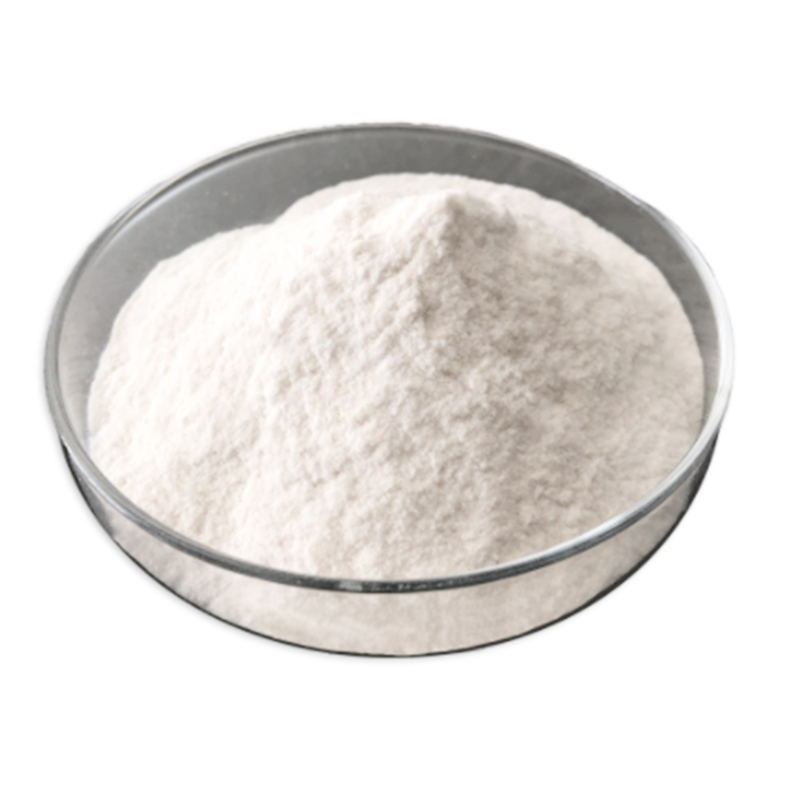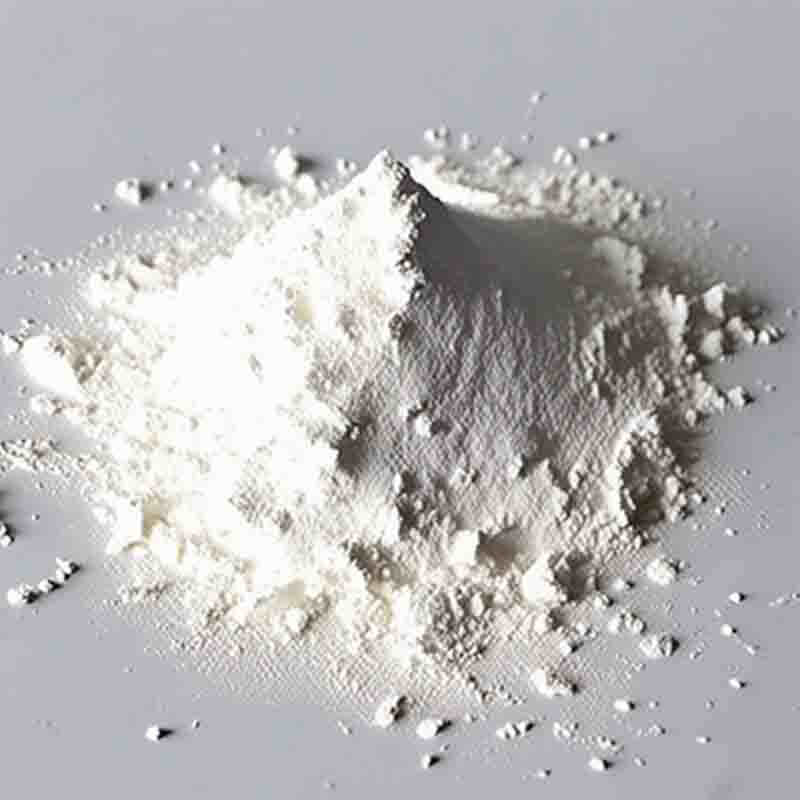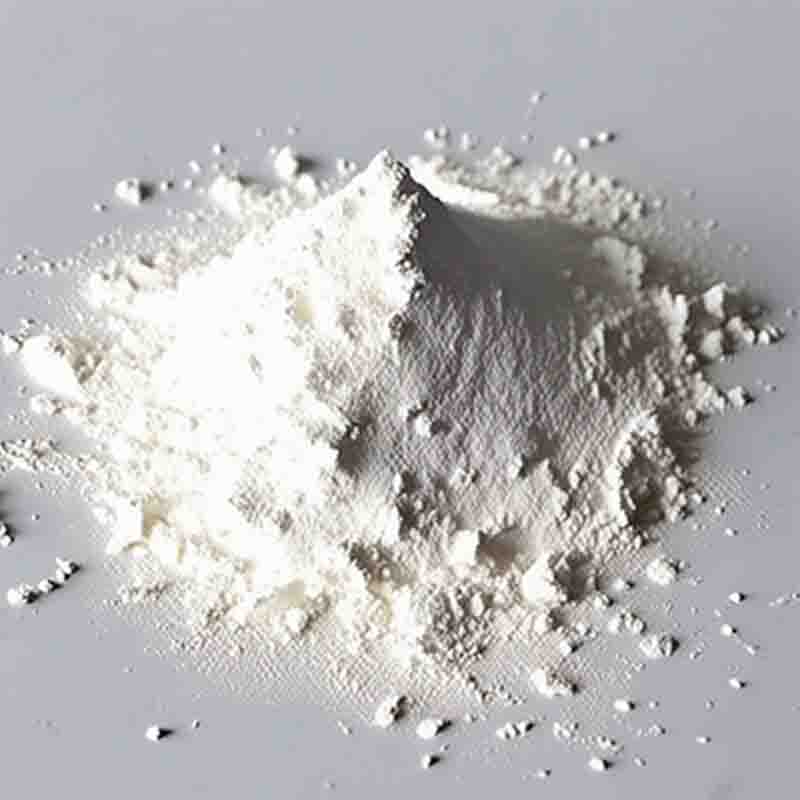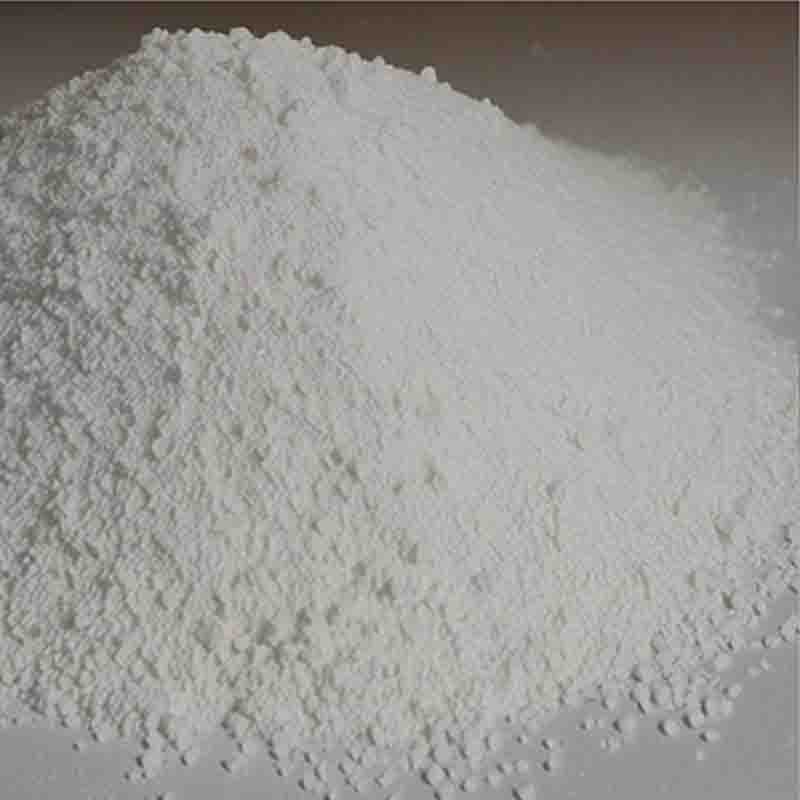Ufiprazole CAS: 73590-85-9
| Catalog Number | XD94257 |
| Product Name | Ufiprazole |
| CAS | 73590-85-9 |
| Molecular Formula | C17H19N3O2S |
| Molecular Weight | 329.42 |
| Storage Details | Ambient |
Product Specification
| Appearance | White powder |
| Assay | 99% min |
Ufiprazole is a pharmaceutical compound that is primarily used in the treatment of gastrointestinal disorders. Developed as a proton pump inhibitor (PPI), it works by reducing the amount of acid produced in the stomach, thereby providing relief from conditions such as gastroesophageal reflux disease (GERD), peptic ulcers, and other acid-related disorders.When taken orally, Ufiprazole is quickly absorbed into the bloodstream and reaches its target site, the stomach's parietal cells. Here, it selectively inhibits the enzyme H+/K+-ATPase, which is responsible for the final step in acid secretion. By blocking this enzyme, Ufiprazole effectively reduces acid production, relieving symptoms and allowing the healing of damaged stomach lining.GERD, a common condition characterized by acid reflux and heartburn, can be effectively managed with Ufiprazole. It helps to control the symptoms associated with GERD by decreasing the acidity of stomach acid, thus preventing it from flowing back into the esophagus. This reduces inflammation and discomfort, promoting healing of the esophagus.Ufiprazole is also used in the treatment and prevention of peptic ulcers, which are open sores that form in the stomach lining or the upper part of the small intestine. By reducing stomach acid production, Ufiprazole helps to relieve pain, heal existing ulcers, and prevent the development of new ones.Moreover, Ufiprazole may be prescribed in combination with antibiotics to treat Helicobacter pylori (H. pylori) infections. H. pylori is a bacterium that can cause peptic ulcers and puts individuals at a higher risk for developing stomach cancer. By suppressing gastric acid secretion and eradicating the bacteria with antibiotics, Ufiprazole can help treat and prevent the recurrence of H. pylori-associated ulcerations.It is worth noting that, like any medication, Ufiprazole may have side effects. Some common adverse effects include headache, nausea, diarrhea, and abdominal pain. In rare cases, more severe side effects such as liver problems or allergic reactions may occur. It is essential to consult a healthcare professional for guidance on proper usage, dosage, and potential interactions with other medications.In conclusion, Ufiprazole is a proton pump inhibitor that effectively reduces stomach acid production, providing relief from gastrointestinal disorders like GERD and peptic ulcers. By controlling acid levels, Ufiprazole promotes healing and helps manage the symptoms of these conditions, improving the overall well-being of individuals suffering from such disorders.


